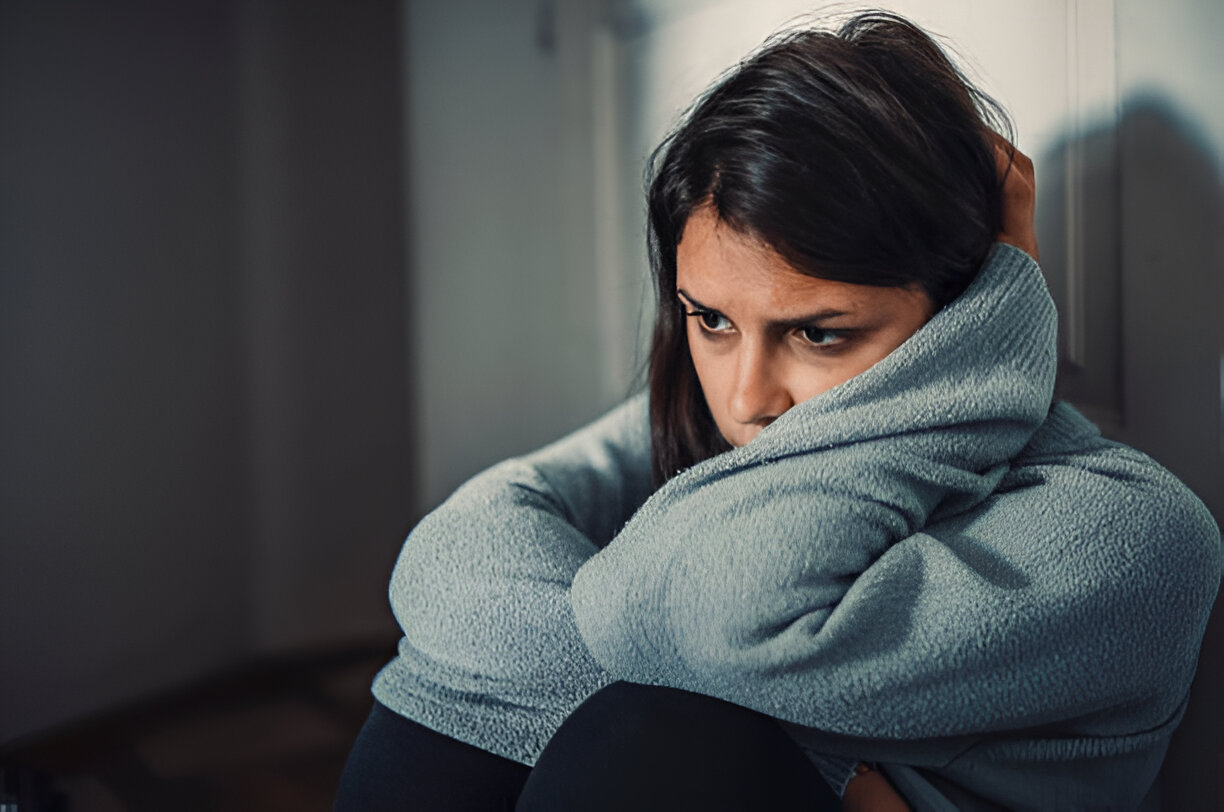Obsessive-Compulsive Disorder (OCD) is one of the most misunderstood mental health conditions, affecting an estimated 1-3% of the global population. That might not sound like much, but that’s tens of millions of people dealing with distressing intrusive thoughts, overwhelming compulsions, and high anxiety levels every single day. Finding effective relief can be challenging, and traditional treatment options don’t always provide the comfort patients seek. Enter the potential of cannabis for OCD. With a growing interest in medical marijuana for intrusive thoughts and other symptoms of OCD, patients and researchers alike are beginning to wonder if this plant could offer a new path to relief.
But how effective is cannabis for obsessive-compulsive disorder? And can it really help with those relentless intrusive thoughts? In this article, we’ll explore the current research and break down the facts behind using cannabis for OCD symptom relief.
What is Obsessive-Compulsive Disorder?
OCD is a persistent mental health disorder marked by unwanted thoughts, obsessions, and repetitive actions. Obsessions frequently appear as intrusive, distressing thoughts, images, or urges suddenly entering the mind. These topics can range from concerns about being contaminated to questioning safety to seeing inappropriate or violent images. Obsessions drive compulsions and involve repetitive actions or thoughts to alleviate the anxiety stemming from these intrusive thoughts.
These symptoms can be debilitating and consume significant time and energy, interfering with daily functioning. But OCD isn’t a one-size-fits-all disorder. It exists on a spectrum, with some individuals experiencing mild symptoms and others dealing with severe and constant compulsions. Adding to the complexity, OCD is highly comorbid with other mental health conditions—around 75% of those with OCD will experience another mental health disorder in their lifetime, such as anxiety, depression, or body dysmorphic disorder.
The exact cause of OCD is not completely known. Still, experts think it could be related to genetic factors, neurochemical imbalances (specifically serotonin, dopamine, and glutamate), and abnormalities in brain function. Recent research has brought attention to possible interruptions in the cortical-striatal-thalamic circuit, a brain network that controls behavior, mood, and motor function.
More: How Medical Marijuana Can Become Part of Your Health and Fitness Lifestyle
Cannabis for OCD: What the Research Says
Due to the intricate neurochemical and psychological aspects of OCD, it is not unexpected that researchers are exploring alternative treatment options such as cannabis. Attention has now turned toward the endocannabinoid system, a complex of receptors and neurotransmitters that control emotions, stress, and compulsive actions. Is it possible that using cannabinoids to target this system could regulate specific fundamental processes that contribute to OCD?
The Role of the Endocannabinoid System in OCD
The endocannabinoid system (ECS) is known to influence mood regulation, anxiety response, and emotional processing. It interacts with neurotransmitters like serotonin and dopamine, which are crucially involved in OCD’s pathophysiology. Some studies have suggested that stimulating the ECS with cannabinoids like THC (tetrahydrocannabinol) and CBD (cannabidiol) could reduce anxiety and mitigate obsessive-compulsive behaviors.
For example, small-scale studies and individual case reports have noted improvements in OCD symptoms with THC-based treatments. One case involved a patient using dronabinol (a synthetic THC) who showed significant symptom reduction after being unresponsive to other therapies. Another small trial found that combining nabilone, a synthetic cannabinoid, with exposure-based treatment was more effective than therapy alone for OCD-like behaviors. These results align with findings in related disorders, like Tourette syndrome, where cannabis has been shown to reduce motor tics and comorbid obsessive-compulsive behaviors.
What About CBD?
CBD, the component of cannabis that does not cause a high, is being studied for its ability to decrease anxiety and regulate the endocannabinoid system (ECS). Although there are currently limited studies on CBD for OCD specifically, its overall calming and anti-compulsive properties indicate it has potential. Certain studies suggest that CBD might lessen anxiety and regulate fear-induced behaviors, potentially aiding in the management of intrusive thoughts and compulsions.
Consult a Trusted Mississippi Mental Health Provider at Pause Pain & Wellness
For those in Mississippi considering medical cannabis for OCD, consulting with a trusted provider is essential. Each patient’s experience with OCD is unique, and finding the right strain, dosage, and balance of THC and CBD can make a significant difference in the outcome.
If you have one of the other qualifying conditions, cannabis could be an option for treatment, but if not, our experienced mental health provider is available to explore alternative treatment options. This ensures that individuals receive the best possible care, tailored to their specific needs and condition. At Pause Pain & Wellness, our team of compassionate medical professionals is here to support individuals dealing with OCD, anxiety, and other mental health conditions.
With clinics in Oxford, Meridian, Flowood/Jackson, Tupelo, Olive Branch, Starkville, Hattiesburg, Gulfport, and Montgomery, we provide a comprehensive approach to mental health.

